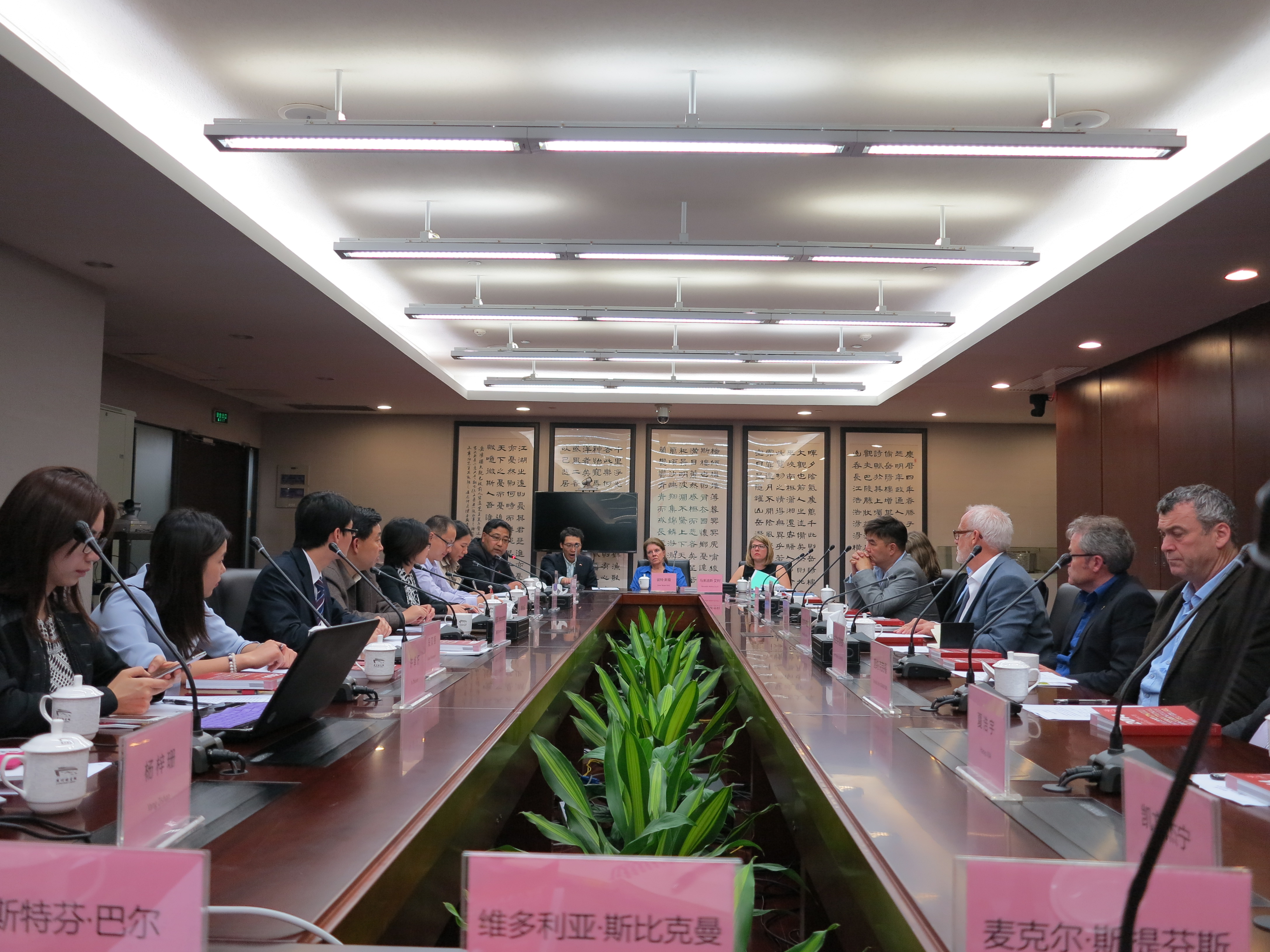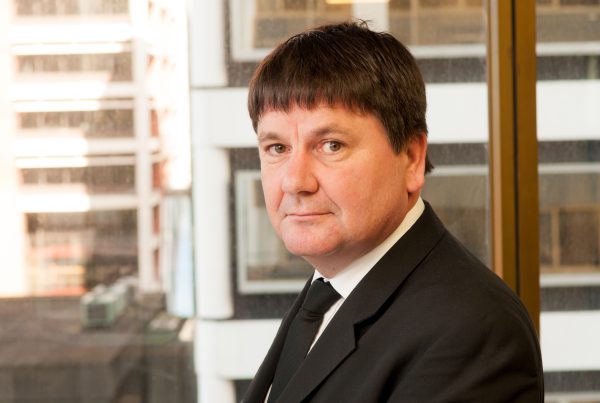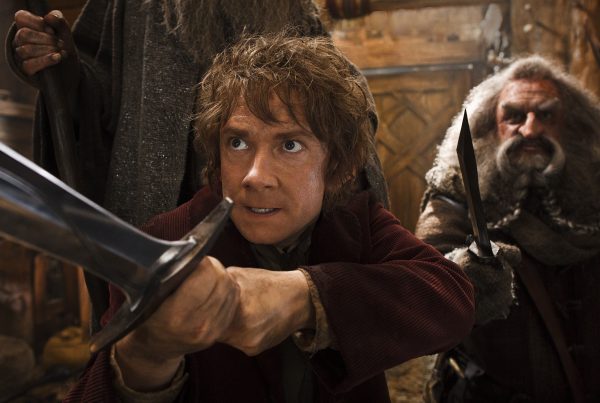8.17am New Zealand time — above the Pacific Ocean, Auckland to Hong Kong, NZ87, seat 26F.
This is my ninth trip to China in the last four years, including four in 2013 alone. Paul, the man sitting next to me on the plane, has been 40 times in ten years. Our business connections with China are completely different, but our experiences are similar. I’m working on films and TV programmes and the design of visitor experiences. He imports commercial furniture into New Zealand.
We swap familiar stories — long flights for short visits, visiting cities of millions of people that no one back home has heard of, trying to stay sober at business dinners, relying on others for the quality of information, building trust. There are hundreds of businesspeople doing this every day and, from the conversations I have, their experiences are similar.
I don’t know the man next to me well enough to ask about the disasters, but I’m sure he has had them. I know of several: a trusted partner who one day took hundreds of thousands of yuan out of a joint bank account and disappeared; services never paid for, despite months of promises; the fraudulent employee who took years to fire because he had control of the company seal, and in China the company seal is needed to fire someone. And, of course, the truly tragic story of Fonterra’s entanglement with Sanlu, which led to deaths.
Doing business in China is not for the faint-hearted.
The Gibson Group engages with China for many reasons: it’s close to New Zealand compared with Europe and some parts of the US; it’s one of the only economies in recent years has actually been growing at a decent rate; we have very strong government support for our engagement and are building good connections in the areas we need; and the country is modernising (not Westernising; there’s a difference) rapidly. Reasons cited by other businesses are that China’s middle class is increasing in wealth and size; the Chinese want to buy luxury goods or goods that help them live well; and that as parents achieve higher incomes, they feed their kids more protein. We make protein in New Zealand, in large amounts. You might have noticed.
8.31am Beijing time — on my way out of Hong Kong on Through Train T824 (northbound to Guangzhou), coach 2, seat 28 (upstairs).
Our business is a lot further down Maslow’s hierarchy of needs than protein — we sell culture, connection, storytelling. We’ve made programmes about New Zealand wine-making and wine culture, and about Chinese students studying in New Zealand. They’ve screened on a handful of the hundreds of channels in China, to a potential audience in the hundreds of millions. It’s impossible to tell how many people they’ve reached — the Chinese don’t release ratings in the way that we do here — but it will be a number I can’t hold properly in my head. In China, if you’re ‘one in a million’, there are 1,300 others of you.
In addition to those two TV shows, we have a couple of visitor experience designs in China under our belt, a few films in development and several discussions about new TV programmes underway (my reason for this trip: the New Zealand Film Commission (NZFC) delegation to Guangzhou, Shanghai and Beijing).
The guy next to me on the train (different guy this time) is changing SIM cards as we go through Shenzhen — presumably from a Hong Kong SIM to a Chinese one. I know I’m in China now because there is more red on the signs and banners, and the handrails on the footbridges are hospital green — these are the things I recognise. The “Welcome to China” text from Vodafone has just arrived. Everyone else seems to be getting them too. All down the train. I’ll get several of those over the coming days as my phone gets confused about where it is.

As I leave the train and move towards the taxi rank, I am careful not to touch things more than I have to. When I’m in China I wash my hands a lot. I use instant handwash and tissues. I don’t enjoy the rain and cover small cuts quickly. I’m careful what I eat. These are all my attempts to stay well.
Unlike food producers, we’re selling a service — we’ll invent, design, create and deliver an exhibition, film or TV programme. It won’t exist before you pay us for it and you can’t handle it before you buy. This is difficult anywhere in the world; it’s arguably more difficult here. We are essentially hiring out the high-quality brains of the people we employ. That’s straightforward intellectual property, and one of the challenges for us is that IP isn’t always highly valued here in China. That attitude is changing, but not quickly. The things that have been valued here are things you can see, touch, eat, or put in your house or pocket. There is always another brain in China.
9.55am two days later — Shanghai hotel conference room.
If this is Wednesday it must be Shanghai. This delegation is full of people who have ideas that they want to produce with China. We’ve just met a man who has made two co-productions with Australia and some of us are seeking a relationship with him. There have been several others in the last few days who could be good contacts. I have collected about 30 business cards already. Being with the government-run NZFC helps: doors are opened to us that would otherwise have remained firmly closed. We are greeted favourably in most of the places we go, including by the NZFC’s government equivalents in China. These people are very important to business here. It’s taken me a long time to get used to the need for government in business.

View of Pudong from the Bund in Shanghai
2.42pm same day — on the steps of the Shanghai Theatre Academy.
I’m here for another three days of relentless meetings, 5am starts, bus trips and noodle soup for breakfast. Actually l like the noodles; they set me up for the day. I’m assessing every person I meet for whether they can add value to us or whether we can add value to them. They’re doing the same to me. It’s exhausting. There are a lot of people here to assess.
When I get home it will be a case of following up, further assessment and then tentative forward movements. At some point we’ll make films. It will take luck and courage and diplomacy, and the films will be great. You’ll be proud.







